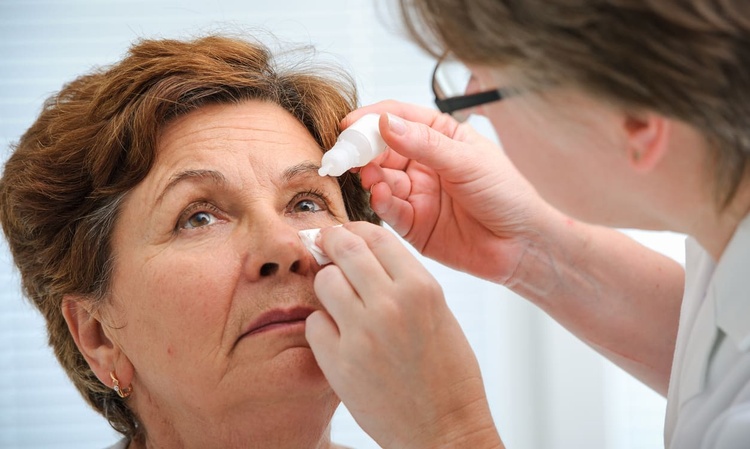remote medical receptionist career
Working as a remote medical receptionist offers healthcare professionals the flexibility to support medical practices from anywhere while maintaining essential patient care coordination. This growing field combines traditional reception duties with digital healthcare management, creating opportunities for those seeking work-life balance in the medical industry. Remote medical receptionists handle patient scheduling, insurance verification, and administrative tasks through secure digital platforms, making healthcare more accessible while building rewarding careers from home.

The shift toward remote work has transformed many professions, and medical reception is no exception. Healthcare facilities increasingly rely on virtual receptionists to manage administrative tasks efficiently while reducing overhead costs. This career path offers professionals the opportunity to contribute to patient care from the comfort of their homes, using technology to bridge the gap between patients and healthcare providers.
Understanding the Role of a Remote Medical Receptionist
A remote medical receptionist performs many of the same duties as an in-office receptionist but operates through digital communication channels. These professionals serve as the first point of contact for patients, managing phone calls, emails, and online inquiries. They work with electronic health record systems, practice management software, and telecommunication platforms to coordinate patient interactions. The role requires maintaining patient confidentiality according to healthcare regulations while providing compassionate, efficient service. Remote medical receptionists support various healthcare settings, including private practices, telehealth companies, hospitals, and specialty clinics. They must adapt to different organizational workflows and software systems while maintaining consistent professionalism across all patient interactions.
Key Skills and Qualifications
Successful remote medical receptionists combine healthcare knowledge with strong technical abilities. Essential qualifications typically include a high school diploma or equivalent, though some positions prefer candidates with medical office administration certificates or associate degrees. Familiarity with medical terminology, insurance procedures, and healthcare compliance regulations provides a competitive advantage. Technical proficiency is crucial, as remote receptionists must navigate multiple software platforms simultaneously, including scheduling systems, electronic health records, and video conferencing tools. Strong communication skills enable clear interactions with patients, healthcare providers, and insurance representatives. Time management and organizational abilities help balance multiple tasks, from appointment scheduling to handling urgent patient requests. Attention to detail ensures accurate record-keeping and proper information handling. Many employers also value prior experience in healthcare administration or customer service roles, as these backgrounds provide foundational knowledge of patient interactions and administrative workflows.
Daily Tasks and Responsibilities
The daily routine of a remote medical receptionist involves diverse administrative activities that keep healthcare facilities running smoothly. Core responsibilities include answering incoming calls and responding to patient inquiries about appointments, services, and general information. Scheduling and rescheduling appointments requires coordination with healthcare providers’ availability and patient needs. Remote receptionists verify insurance information, process patient registrations, and update demographic details in electronic systems. They handle prescription refill requests by forwarding them to appropriate medical staff and following up as needed. Managing patient records involves entering data accurately, maintaining confidentiality, and ensuring compliance with privacy regulations. Communication with healthcare team members occurs through secure messaging platforms and email to relay important patient information. Remote receptionists also process billing inquiries, explain payment procedures, and coordinate with billing departments. Some positions involve managing online patient portals, assisting patients with technical issues, and monitoring appointment confirmations. The workload varies based on facility size and specialty, with some receptionists supporting multiple providers or locations simultaneously.
Navigating the Job Market
Finding remote medical receptionist positions requires strategic job searching and professional preparation. Healthcare-specific job boards, general remote work platforms, and company career pages regularly post openings for virtual medical receptionists. Networking within healthcare administration communities and joining professional organizations can reveal opportunities not publicly advertised. When applying, candidates should emphasize relevant experience, technical skills, and familiarity with healthcare software systems. A dedicated home office setup with reliable internet, a quiet workspace, and professional communication tools demonstrates readiness for remote work. During interviews, candidates should be prepared to discuss their ability to work independently, manage time effectively, and maintain professionalism in a virtual environment. Some employers require skills assessments or software proficiency tests as part of the hiring process. Contract and part-time positions are common entry points into remote medical reception, allowing professionals to build experience and demonstrate capabilities. Understanding that compensation structures vary widely based on experience level, geographic location, employer type, and position responsibilities helps set realistic expectations. Building a strong resume that highlights healthcare knowledge, administrative experience, and remote work capabilities increases competitiveness in this growing field.
The Future of Remote Medical Receptionists
The demand for remote medical receptionists continues to grow as healthcare organizations recognize the benefits of virtual administrative support. Technological advancements in telehealth, artificial intelligence, and practice management systems are reshaping how these professionals work. Automation may handle routine tasks like appointment reminders and basic inquiries, allowing receptionists to focus on complex patient interactions requiring human judgment and empathy. The expansion of telehealth services creates additional opportunities for remote receptionists who can support virtual care delivery. Healthcare facilities increasingly adopt hybrid models, combining in-office and remote reception staff to provide extended service hours and improved patient access. Professional development opportunities, including certifications in medical coding, healthcare administration, and specialized software platforms, can enhance career advancement prospects. Remote medical receptionists who adapt to emerging technologies and continuously update their skills will remain valuable assets to healthcare organizations. The flexibility of remote work also supports workforce diversity, enabling individuals with caregiving responsibilities, mobility limitations, or geographic constraints to participate in healthcare administration careers.
The remote medical receptionist career offers a meaningful way to contribute to healthcare delivery while enjoying the benefits of flexible work arrangements. As healthcare continues evolving, these professionals play an essential role in maintaining patient connections and supporting efficient medical practice operations. Success in this field requires a combination of healthcare knowledge, technical proficiency, strong communication skills, and self-discipline. For individuals passionate about healthcare administration and comfortable with technology, this career path provides opportunities for professional growth and work-life balance. The ongoing digital transformation of healthcare suggests that remote medical reception will remain a viable and expanding career option for years to come.




